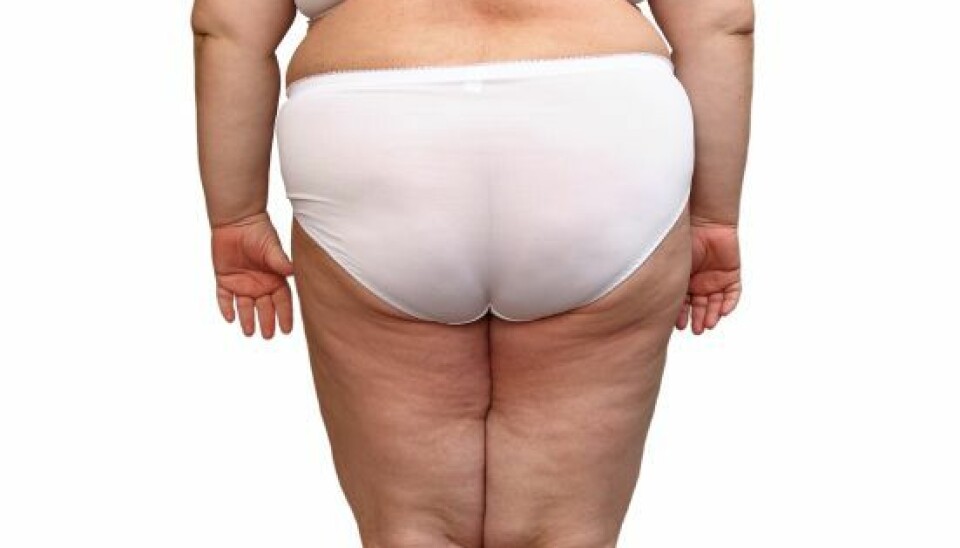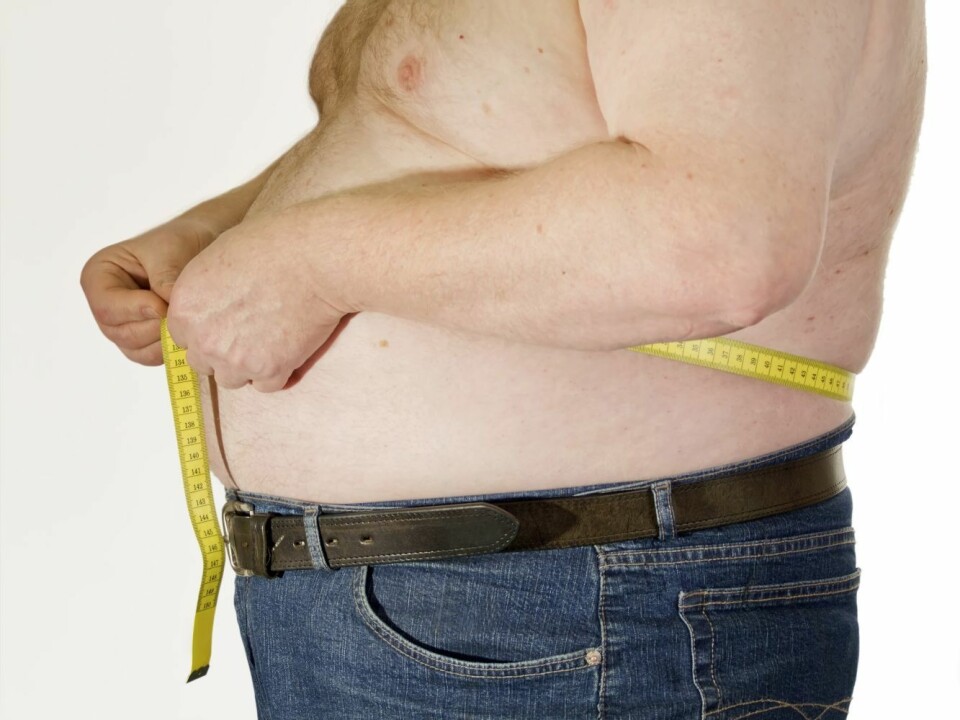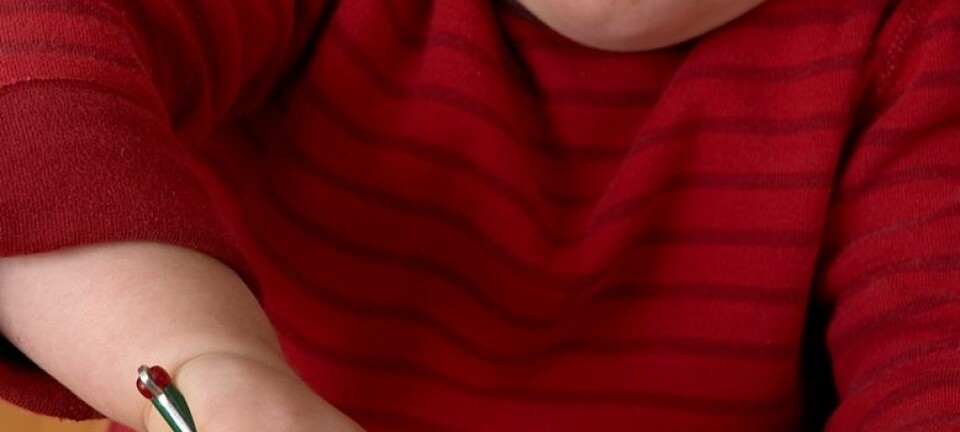
A big butt can be a great asset
Fat on the hips and thighs is not unhealthy – it helps you live longer. It’s the belly fat you should worry about, say scientists.
If you think you’ll live longer just because you lose weight, you’re wrong. New research shows that you’re only likely to live longer if you shed the fat on your stomach, not the fat on your hips or thighs.
Losing weight can cut lifespan
We’ve known for a long time that fat increases your risk of getting numerous ailments, such as diabetes, heart diseases and cancer. Fat also cuts the time you can expect to live.
So it may come as a surprise that several recent public health studies show that losing weight can cut your lifespan.
The new research confirms that weight loss shortens the lifespan of healthy middle-aged people. But the study has a new finding: your lifespan depends on where on your body the fat you lose is located.
Nuanced advice on weight loss

The researchers conclude that if you want to live longer, you should try to cut stomach fat and hold on to the fat on your hips and thighs.
“We are among the first researchers to come with nuanced advice on weight loss by showing that living longer isn’t simply a matter of losing weight, but cutting stomach fat while keeping hips and thighs fat,” says Tina Landsvig Berentzen, a PhD at the Copenhagen University Hospital’s Institute of Preventive Medicine.
Berentzen and her colleagues assessed the health of 26,625 men and women, aged between 50 and 64, in two periods – 1993–97 and 1999–02. These people were subsequently followed, through Denmark’s various national registers of diseases and deaths, until the end of 2006.
The study shows that a healthy person in the 50-64 age range who loses weight (measured as BMI units – see factbox) has a 9 percent higher risk of dying – but the same person cuts the risk of dying by 9 percent by reducing his or her waist measurement by 5cm.
This applies to all healthy people in the age range – and not just those who are already overweight or apple- or pear-shaped.
Stomach fat is bad for you
The new results are underlined by numerous other studies, which also show that fat’s damaging effects on health depend to a high degree on where the fat is located on the body – whether you are shaped like an apple or a pear.
Fat isn’t simply fat: because of a number of differences between the body’s various fat deposits, stomach fat is bad for you, while fat on the hips and thighs is beneficial.
Stomach fat – in particular the fat in the abdominal cavity around the organs – transmits many free fatty acids and numerous hormones (adipokines), which can damage the body and can contribute to the development of heart diseases.
Buttock fat is good
Fat deposits on the hips and thighs store free fatty acids, so they do not harm the body. Hip and thigh fat also secretes hormones with beneficial effects on the body.
This means that a large butt can be an advantage in health terms. Weight loss alone may not be enough – reducing stomach fat while retaining hip and thigh fat is important to our health and life expectancy.
Fibre-rich diet drains stomach fat
The Berentzen study provides no clues to how we ensure we reduce our stomach fat. But other studies indicate that sports and a diet rich in fibres reduce stomach fat.
In addition, it seems that moderate weight loss cuts proportionately more stomach fat than other fat – but this relationship is changed by greater weight loss because stomach fat is often the first to be cut when you lose weight.
However, losing weight – particularly in specific locations on the body – is difficult, especially in the long term. So we are better off if we prevent stomach fat through healthy living with plenty of exercise, a fibre-rich diet, good sleep and no stress.
Translated by: Michael de Laine
Scientific links
- Changes in Waist Circumference and the Incidence of Diabetes in Middle-Aged Men and Women (PLoS ONE)







